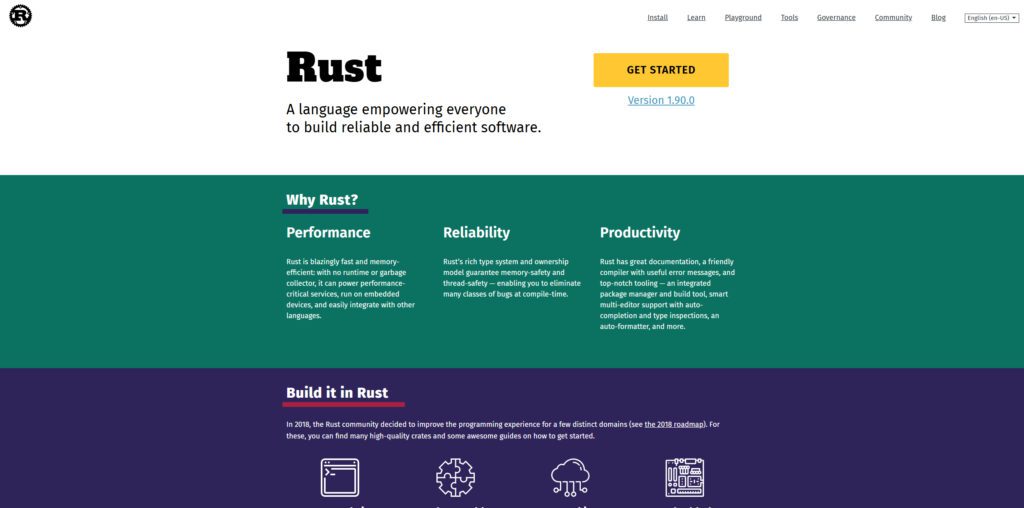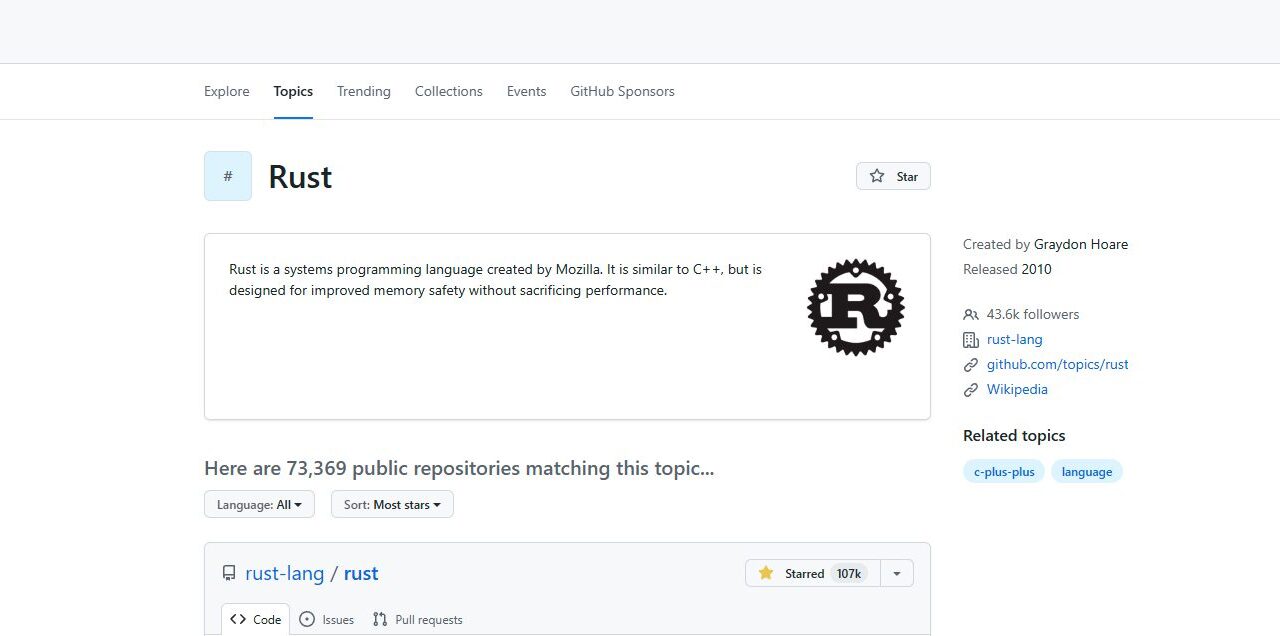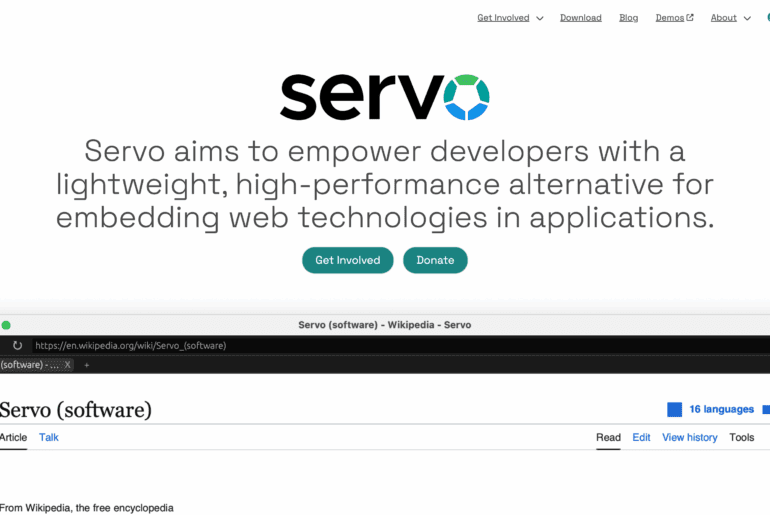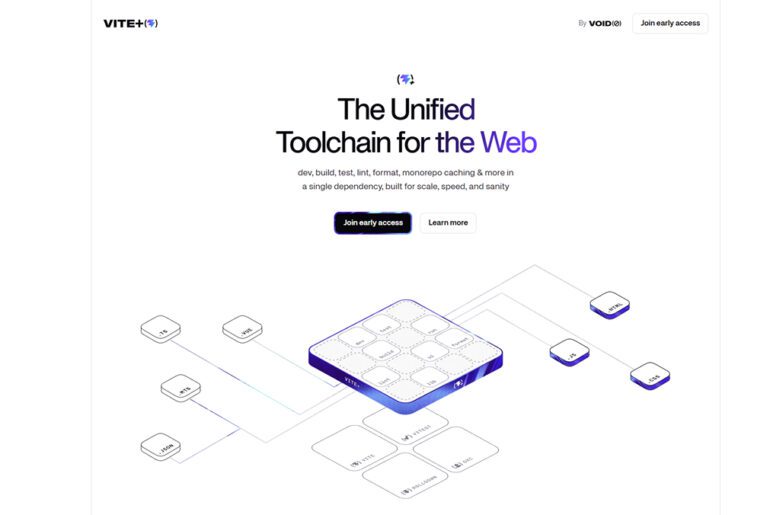Rust is one of those languages that’s passed “interesting side-project” status and is now showing up in real production systems—blockchain, systems, performance-critical backend, WebAssembly, you name it. Because demand is rising, salaries are shifting, too.
So if you’re learning Rust (or thinking about it), it’s fair to ask: “Okay, what can I expect to earn, realistically, in 2025?” Also: what levers (location, experience, domain) influence that number?
Before we just throw numbers around, here are key variables that really matter — because two Rust devs may live on different planets salary-wise.
- Location / country / cost of living
A Rust dev in San Francisco, New York, or Zürich will (in many cases) pull in far more, in nominal terms, than one in, say, Eastern Europe, Southeast Asia, or small towns. Exchange rates and tax regimes matter a lot. - Experience / seniority
Junior dev, mid-level, senior, staff, etc. — these titles almost always come with big salary gaps. - Domain / industry
Web3 / blockchain, embedded systems, high-performance computing, SaaS, security tools — depending on your specialty, you might command premium pay. For instance, many blockchain firms are throwing “Rust” roles at high rates. - Company size / funding / maturity
A mature tech giant may pay differently than a startup (equity, risk, perks). Some startups will offer lower base + equity; others will compete aggressively. - Remote vs onsite / hybrid
Remote roles may adjust for your local market; some companies pay “fully location-agnostic” rates, others align more with headquarter location. - Benefits / equity / bonuses / perks
The base salary is just one part; stock options, performance bonuses, health benefits, remote work stipends all shift effective compensation.
Because of all that, the “average” is a kind of rough lens — useful for a ballpark, dangerous if you take it as fixed.
Global perspectives: how the averages stack up

Let’s look at what data is available as of mid-2025. (Yes, I pulled live data — though take all numbers with the usual grain of salt.)
United States
- According to Glassdoor, a Rust developer in the U.S. averages about US$145,481/year from reported salaries. (Glassdoor)
- Wellfound (for startup roles) reports an average of ~US$130,292 for Rust developers. (Wellfound)
- Meanwhile, BeInCrypto’s 2025 snapshot lists ~US$139K as an average global number, placing U.S. roles near the top end. (BeInCrypto)
- Remote / North America roles in Rust are often reported in the ~US$170K ballpark. (BeInCrypto)
- For junior Rust devs, ZipRecruiter lists ~US$88,976/year (or ~US$42.78/hr) as an average. (ZipRecruiter)
So, bottom line: in the U.S., full-time Rust roles commonly land somewhere between US$120K to US$180K depending heavily on seniority, domain, and location.
Europe
- BeInCrypto states that in Europe, the average Rust developer salary is ~$108,000 (USD). (BeInCrypto)
- They break that down: minimum base ~$82K, max ~$134K. (BeInCrypto)
- In many Western European nations, tech salaries are healthy but offset by higher taxes / cost of living.
- For context on software engineering in Norway: average software engineer compensation is reported around NOK ~845,644 (Levels.fyi) for general software roles. (Levels.fyi)
- In Oslo, “software developer” roles show ~NOK 719,000/year on Glassdoor. (Glassdoor)
- Note: that’s for general software. For a Rust specialist, you might get a premium above that, though how much depends heavily on employer and demand in your city/country.
Global / Other Markets
- CryptoJobsList claims the global average Rust dev salary of ~US$86,458/year (this includes many lower-cost nations). (Crypto Jobs List)
- In blockchain / crypto firms specifically, Wellfound reports averages ~US$111,500 for Rust roles. (Wellfound)
- In some U.S. salary aggregators (like 6figr), average earnings for those with Rust skills span ~US$148K–US$328K for higher echelons. (6figr.com)
As you see — big spread.
Example salary bands by seniority / domain
Here’s a rough sketch (in USD, and approximate) to help anchor expectations. These are example bands, not guarantees.
| Level / Role | Typical Base Salary Range* | Notes, caveats |
|---|---|---|
| Junior / Entry Rust Developer | ~US$80,000 – US$120,000 | If you’ve done side projects or internships, possibly on the upper side |
| Mid-level / 3–5 years experience | ~US$120,000 – US$160,000 | With domain specialization (e.g. embedded, systems programming), you may exceed that |
| Senior / Lead / Architect | ~US$160,000 – US$220,000+ | In high-cost areas or high-demand niches (web3, performance systems), even higher |
| Staff / Principal / Engineering Manager | US$200,000 – US$300,000+ | Especially in major tech hubs, or with equity + bonuses added |
| Blockchain / Crypto specialist | ~US$110,000 – US$215,000+ | Some roles in very hot chains/projects pay in that upper realm. |
One more nuance: in some places, you’ll see job postings where base is modest, but the upside is huge via tokens or stock — especially in crypto/web3 startups.
Beyond base pay: what else counts
Because focusing solely on the base salary is a bit like judging a car only by its horsepower.
- Equity / stock / tokens / profit-sharing
Startups frequently compensate with equity or token allocations. For a Rust dev in crypto, that might be a meaningful chunk of the upside. - Bonuses / performance incentives
Yearly or quarterly bonuses based on metrics, project delivery, or company performance. - Benefits / perks
Health insurance, retirement plans, remote work allowances, home office budget, training budgets, conference attendance, etc. - Cost of living adjustments / remote differential
Even for “remote” roles, some firms adjust your pay based on your location or cost of living. - Taxes / social contributions / local deductions
Particularly in high-tax nations, net pay (take-home) can differ drastically from gross. - Job stability / growth opportunities
A lower-salaried role with long-term growth and strong security may sometimes be preferable to a high-pay role without stability.
So, when comparing offers, try to sum all that — not just the paycheck.
Tips if you’re just starting or planning to negotiate
If you’re just starting out—or gearing up to negotiate—your mindset and preparation can make all the difference. The goal is to show you’re serious, informed, and not asking in a vacuum. Let me explain.
First: get proof you can deliver in Rust. It’s not enough to say “I know Rust.” You want to point to side projects, open-source contributions, small freelance jobs, or even hackathon builds. When you can say, “Here’s a GitHub project I built in Rust, with performance benchmarks,” you suddenly shift from being a hopeful to being credible.

Also, don’t negotiate blind. You need a benchmark. Use the salary data we looked at earlier. Those numbers help you know whether an offer is generous, low, or fair.
Once you’ve built credibility and researched salary benchmarks, you can negotiate smarter.
Here’s how:
- Ask for a salary range, not a fixed number
When a recruiter asks, “What salary do you expect?” push back gently: “I’d prefer to hear the range you had in mind for this role first.” That way you don’t anchor yourself too low. - Break down total compensation
Base salary is just one part. During negotiation, list out equity, performance bonus, remote stipend, benefits, etc. You might agree to a slightly lower base if the upside in equity or token allocations is compelling. - Use your niche as leverage
If you’ve got experience in hot domains — blockchain, embedded systems, WebAssembly, performance-critical code — you can credibly ask for the “specialist premium.” In fact, in blockchain / crypto startups, Wellfound data shows Rust developer salaries averaging about US$111,500/yr (with ranges from ~$28K up to ~$215K). If your skills align, make that argument. - Decide your “walk-away” number in advance
Before you enter negotiation, know your minimum acceptable. Factor in cost of living, taxes, career growth. Once your offer falls below that, you’re not “negotiating worse yourself” — you’re protecting your value. - Cultivate “rare skill stacks”
Combine Rust with adjacent skills—real-time systems, embedded, security, WebAssembly, high-concurrency design. People who can do that tend to command bigger pay. The more cross-disciplinary you get, the less fungible you become (which is good for you).
And, of course… it is a negotiation, not a fight. Even if you push back, maintain respect and enthusiasm for the role. If things get tense, you can say, “Let me think it over, I appreciate the offer.” Emotion rarely helps. Recruitment advice often cautions against naming a number too soon or revealing your last salary—those can box you in.
Realistic expectations + next steps
If you’re planning on starting a new Rust job/career in 2025, here’s what I’d counsel:
- For many beginners, think in terms of US$80–120K (or equivalent in local currency) as a starting target (though in lower-cost regions, it may be lower).
- After 3–5 years, many solid Rust devs globally likely cross into US$120–160K+ territory (or local equivalents).
- In hotspots or high-demand domains, senior roles can push well beyond US$200K, especially when equity or bonus is included.
But — and this is important — “average” is only so meaningful. What you can get depends heavily on where you are, what you bring to the table, and how well you negotiate.










